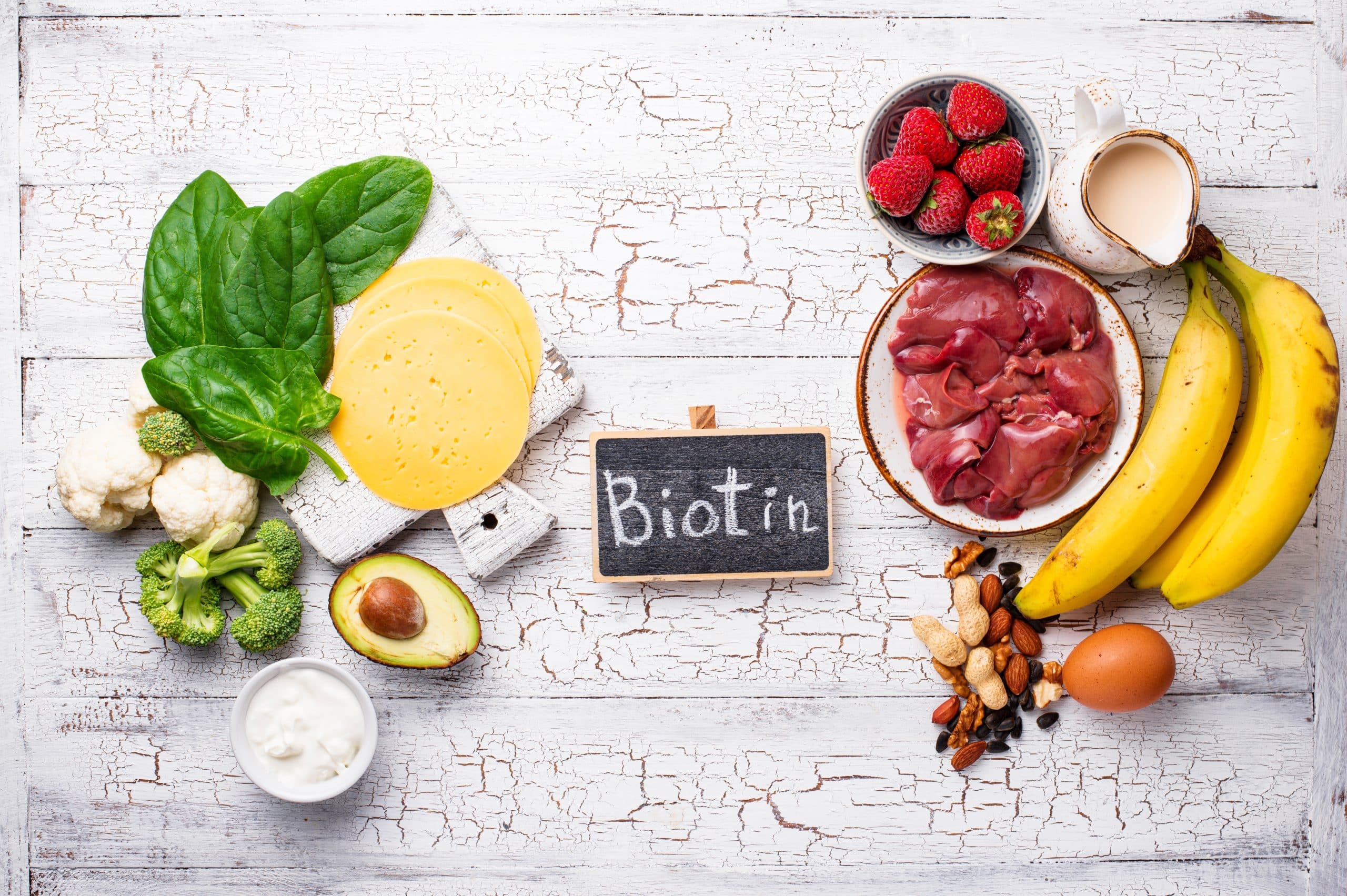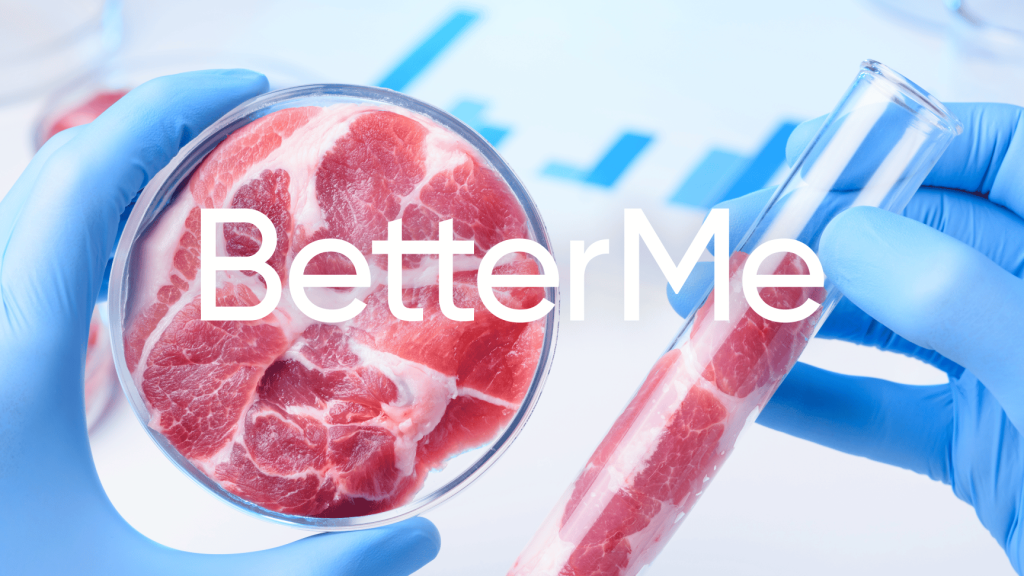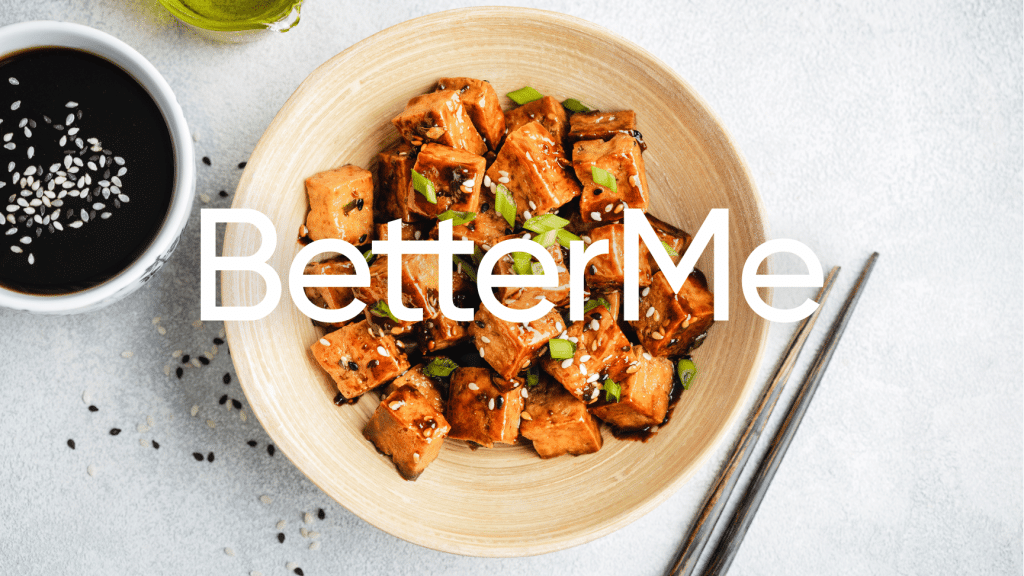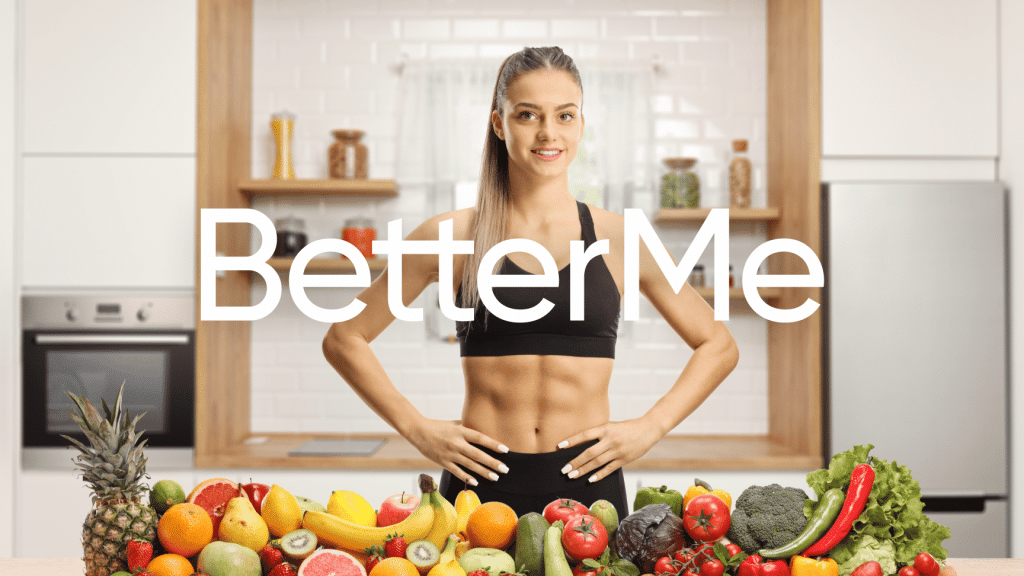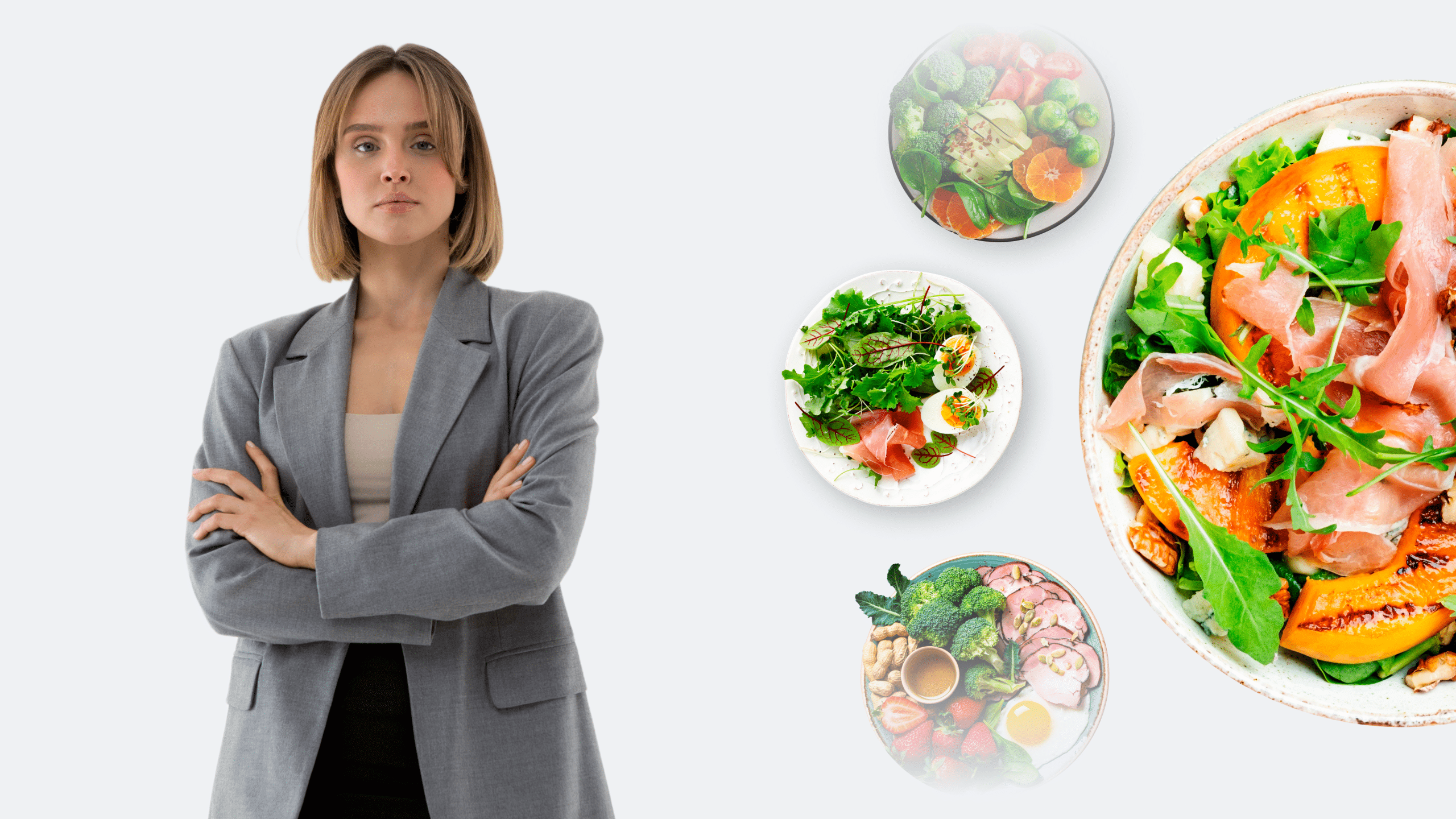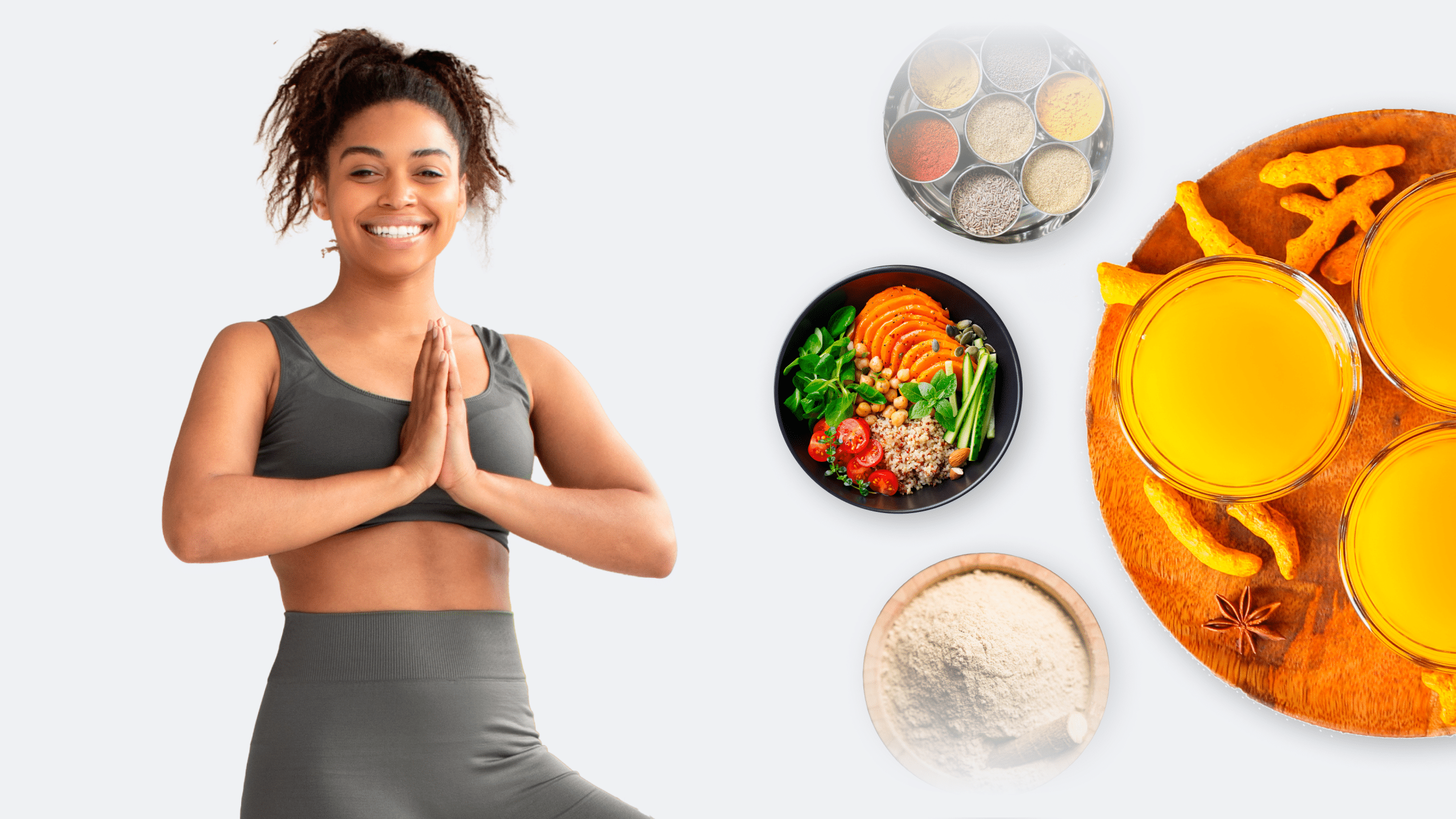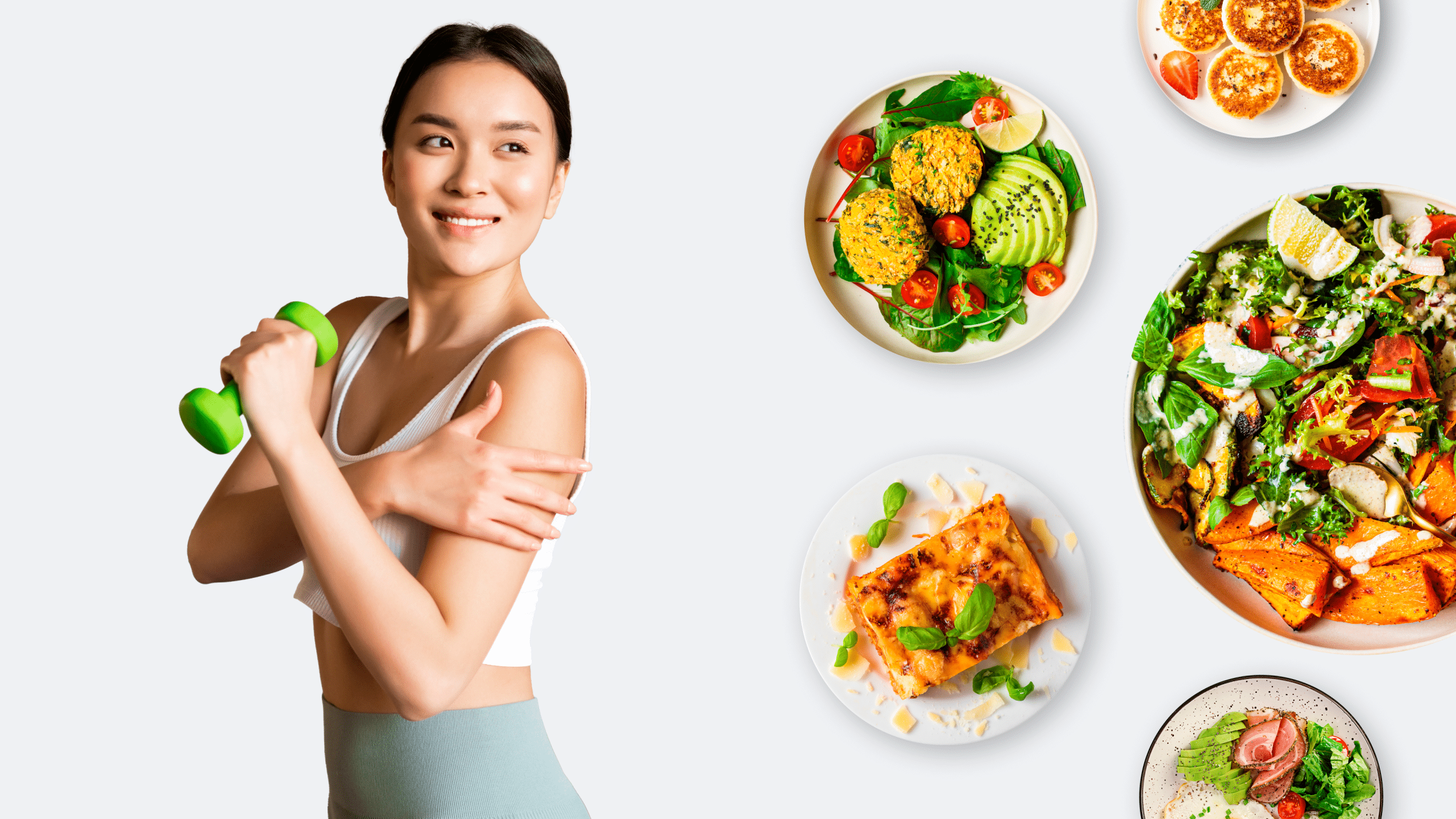Imagine a powerful nutrient that can help you maintain healthy hair, skin, and nails, while also supporting your metabolism and cognitive function. Sounds too good to be true, right? Well, meet biotin – a water-soluble B vitamin that plays a crucial role in our body’s overall health and well-being. Also known as Vitamin H, this unsung hero is often overshadowed by its more popular counterparts in the vitamin B complex family. But don’t underestimate the power of biotin! In this blog, we’ll delve into the fascinating world of biotin, uncovering its health benefits, ideal dosage, and much more. So, whether you’re a nutrition enthusiast or just curious about how to improve your health, here’s why biotin deserves a spot in your daily regimen.
What Is Biotin?
Biotin, also known as Vitamin H or Vitamin B7, is a water-soluble vitamin that belongs to the B-complex family (4). As a coenzyme, biotin plays a vital role in various metabolic processes within our body, and here are the facts about this nutrient:
1. Biochemical Functions
Biotin acts as a coenzyme for carboxylase enzymes, which are crucial for numerous biological reactions. Specifically, it helps in the transfer of carbon dioxide during these reactions.
Some of the key functions include (3) (11):
- Fatty acid synthesis: Biotin aids in the production of fatty acids, which are essential for maintaining healthy cell membranes and regulating hormone production.
- Gluconeogenesis: This process involves the conversion of non-carbohydrate sources, such as amino acids and glycerol, into glucose. Biotin plays a critical role in this energy-producing mechanism.
- Amino acid metabolism: Biotin helps break down specific amino acids, such as leucine, and supports their utilization by the body.
2. Dietary Sources
Biotin can be found in a variety of foods, ensuring that most people receive an adequate supply through their daily diet.
Some natural sources of biotin include:
- Egg yolks
- Nuts and seeds (e.g., almonds, walnuts, sunflower seeds)
- Whole grains and cereals
- Legumes (e.g., beans, lentils, peas)
- Dairy products (e.g., milk, cheese, yogurt)
- Meat and fish (e.g., liver, salmon, sardines, pork, beef)
3. Biotin Deficiency
While biotin deficiency is relatively rare, it can lead to various health issues, such as hair loss, brittle nails, and skin rashes.
Some factors that may contribute to biotin deficiency include (5):
- Prolonged consumption of raw egg whites, which contain a protein called avidin that binds to biotin and prevents its absorption
- Genetic disorders affecting biotin metabolism
- Long-term use of certain medications (e.g., anticonvulsants)
- Malabsorption syndromes (e.g., Crohn’s disease)
Read More: Does Vitamin B12 Give You Energy?
Is Biotin Good For You?
Yes, biotin is essential for various body functions. We have listed all the reasons why you may want to check whether you’re getting enough of this vital nutrient.
What Are Biotin Benefits For Hair?
Biotin, also known as Vitamin H or B7, is essential for maintaining healthy hair. It plays a significant role in the production of keratin, the primary structural protein found in hair strands.
Biotin strengthens hair follicles and promotes hair growth, potentially reducing hair loss and thinning.
Some studies suggest that biotin supplementation may improve hair health, particularly in individuals with existing hair-related issues or biotin deficiency (1). However, it is unlikely to be of any benefit to those without a biotin deficiency.
How Much Biotin Is Good For Hair Growth?
The recommended adequate intake for biotin varies based on age, gender, and life stage. For adults, the adequate intake is approximately 30 micrograms (mcg) per day. However, the optimal dosage for hair growth may vary from person to person (4).
Some people take higher doses, ranging from 2,500-5,000 mcg per day, to support hair health. It is crucial to consult with a healthcare professional before starting any supplementation, as individual needs may differ.
What Are Biotin Benefits For Skin?
Biotin is essential for maintaining healthy skin, as it supports the production of essential fatty acids that nourish and protect the skin. It helps maintain the integrity of the skin barrier, which prevents moisture loss and protects against environmental damage.
Biotin deficiency can lead to skin issues such as dryness, rashes, and dermatitis (12). Adequate biotin intake may contribute to improved skin texture, elasticity, and overall appearance.
How Much Biotin Is Good For Skin Health?
The adequate intake of biotin, which is approximately 30 mcg per day for adults, should generally be sufficient for maintaining healthy skin. However, specific skin conditions or biotin deficiencies might require higher doses.
It is essential to consult a healthcare professional before increasing your biotin intake to determine the appropriate dosage for your individual needs.
Whether you’re looking to simply pep up your fitness routine, jazz up your diet with mouth-watering low-calorie recipes or want to get your act together and significantly drop that number on your scale – BetterMe app has got you covered! Improve your body and revamp your life with us!
What Are Biotin Benefits For Nails?
Biotin can improve nail health by strengthening the nail structure and promoting growth. It is involved in keratin production, which forms the foundation of nails.
Studies have shown that biotin supplementation can lead to increased nail thickness and reduced brittleness, particularly in individuals with weak or brittle nails due to a biotin deficiency (6).
How Much Biotin Is Good For Nail Health?
The adequate intake of 30 mcg per day for adults should generally be sufficient for maintaining healthy nails. However, some people may benefit from higher dosages for optimal nail health.
Studies have used dosages ranging from 2.5 mg (2,500 mcg) to 5 mg (5,000 mcg) per day to improve nail strength and reduce brittleness (7).
As always, consult with a healthcare professional before starting any supplementation to determine the appropriate dosage for your individual needs.
What Are Biotin Benefits For Metabolism?
Biotin plays a crucial role in various metabolic processes, including the metabolism of carbohydrates, fats, and proteins. It acts as a coenzyme for carboxylase enzymes involved in these processes, which help convert food into energy (11).
By supporting efficient metabolism, biotin contributes to maintaining a healthy body weight and providing sustained energy levels throughout the day.
How Much Biotin Is Needed For Optimal Metabolism?
The recommended adequate intake for biotin, which is approximately 30 mcg per day for adults, should generally be sufficient to support optimal metabolism. However, individual needs may vary depending on factors such as age, gender, activity level, and overall health.
Consult with a healthcare professional to determine the appropriate biotin intake for your specific needs.
What Are Biotin Benefits For Brain Function?
Biotin plays a role in maintaining healthy brain function as it plays a key role in glucose metabolism and haemostasis. Adequate biotin levels may contribute to improved memory, focus, and cognitive performance (2).
Additionally, biotin is involved in the production of myelin, a fatty substance that insulates nerve fibers and ensures the efficient transmission of nerve signals (8).
How Much Biotin Is Necessary For Brain Health?
The recommended adequate intake of 30 mcg per day for adults should generally be sufficient for maintaining healthy brain function. However, specific conditions or deficiencies might require higher doses.
It is essential to consult a healthcare professional before increasing your biotin intake to determine the appropriate dosage for your individual needs.
Read More: Biotin Rich Foods Vegetarian Should Add To Their Diet Plan
What Are Biotin Benefits For Pregnancy And Breastfeeding?
Biotin is essential for the proper growth and development of the fetus during pregnancy (9).
Biotin deficiency during pregnancy has been associated with an increased risk of birth defects. Additionally, breastfeeding mothers require higher biotin levels to ensure adequate nourishment for their infants.
How Much Biotin Is Recommended For Pregnant And Breastfeeding Women?
The recommended adequate intake for biotin during pregnancy is 30-35 mcg per day, which is slightly higher than the general adult recommendation. For breastfeeding women, the recommended adequate intake is 35 mcg per day.
Pregnant and breastfeeding women must consult with a healthcare professional to determine the appropriate biotin intake, as individual needs may vary.
Should You Take Biotin Supplements?
Whether or not you should take biotin supplements depends on your individual needs, dietary intake, and overall health.
Here are some factors to consider when deciding if biotin supplementation is right for you:
1. Dietary Intake
If you consume a balanced diet that includes biotin-rich foods, such as egg yolks, nuts, seeds, whole grains, legumes, dairy products, meat, and fish, you may already be getting enough biotin through your diet. In this case, supplementation might not be necessary.
2. Biotin Deficiency
Biotin deficiency is relatively rare, but if you have symptoms of deficiency, such as hair loss, brittle nails, or skin rashes, you may benefit from biotin supplementation.
It’s essential to consult with a healthcare professional to determine if you have a deficiency and the appropriate dosage for your needs.
3. Existing Medical Conditions
Certain medical conditions, such as inflammatory bowel disease, malabsorption syndromes, or genetic disorders affecting biotin metabolism, might increase your risk of biotin deficiency (5).
In these cases, supplementation may be recommended under the guidance of a healthcare professional.
4. Medications
Some medications, such as anticonvulsants or long-term use of antibiotics, can interfere with biotin absorption or metabolism (5). If you are taking medications that may affect biotin levels, consult with a healthcare professional to determine if supplementation is necessary.
If you struggle to even flirt with the idea of giving up your favorite foods or working out till your legs give way – BetterMe app is here to breathe a fresh perspective into the way you view the weight loss process! Check out the app and experience the fun side of fitness and dieting with BetterMe!
5. Pregnancy And Breastfeeding
Pregnant and breastfeeding women have increased biotin requirements to support fetal growth and infant nourishment. Healthcare professionals may recommend biotin supplementation during pregnancy and lactation to ensure adequate levels, usually as part of a prenatal multivitamin.
Conclusion
Biotin is an essential nutrient that plays a vital role in maintaining overall health, including supporting hair, skin, nails, metabolism, brain function, and pregnancy. While most people can obtain adequate biotin through their diet, some individuals may benefit from supplementation due to specific health concerns or deficiencies.
It’s crucial to consult with a healthcare professional before starting any new supplement regimen to determine if biotin supplementation is appropriate for you and to ensure you take only the correct dosage.
DISCLAIMER:
This article is intended for general informational purposes only and does not address individual circumstances. It is not a substitute for professional advice or help and should not be relied on to make decisions of any kind. Any action you take upon the information presented in this article is strictly at your own risk and responsibility!
SOURCES:
- A Review of the Use of Biotin for Hair Loss (2017, karger.com)
- B Vitamins and the Brain: Mechanisms, Dose and Efficacy—A Review (2016, hmdpi.com)
- Biotin (2009, ncbi.nlm.nih.gov)
- Biotin – Health Professional Fact Sheet (2022, ods.od.nih.gov)
- Biotin Deficiency (2023, ncbi.nlm.nih.gov)
- Biotin for the treatment of nail disease: what is the evidence? (2017, tandfonline.com)
- Brittle nails: response to daily biotin supplementation (1993, pubmed.ncbi.nlm.nih.gov)
- Effects of Biotin on survival, ensheathment, and ATP production by oligodendrocyte lineage cells in vitro (2020, pubmed.ncbi.nlm.nih.gov)
- Roles of Vitamin B in Pregnancy (n.d., americanpregnancy.org)
- Skin manifestations of biotin deficiency (1991, pubmed.ncbi.nlm.nih.gov)
- The enzymes of biotin dependent CO2 metabolism: What structures reveal about their reaction mechanisms (2012, ncbi.nlm.nih.gov)

